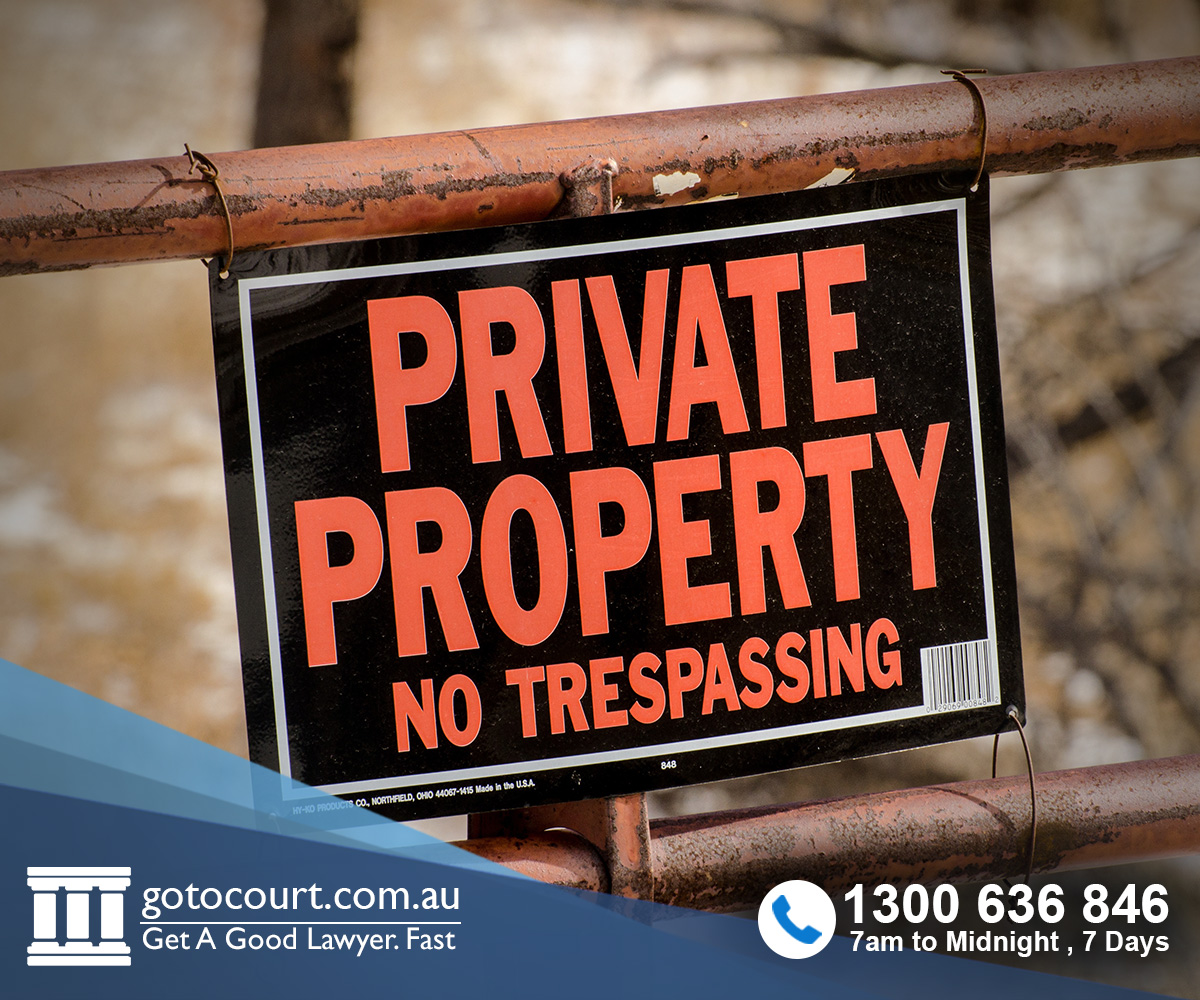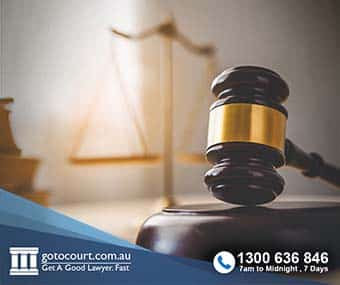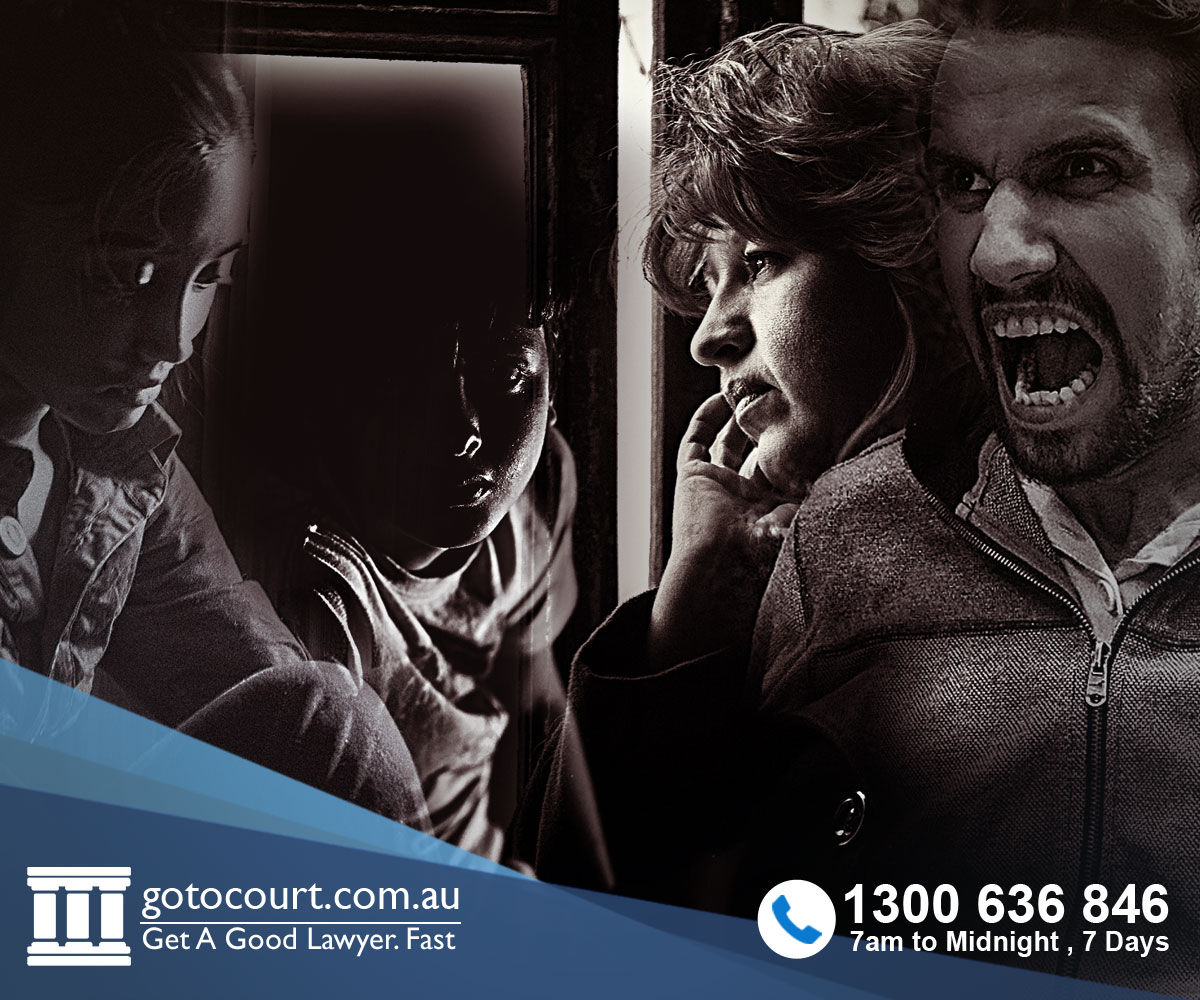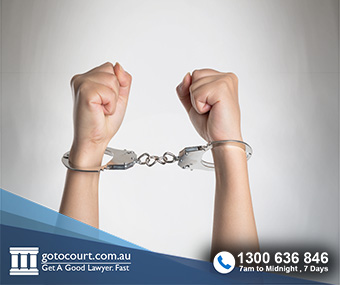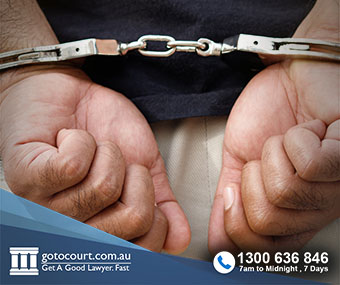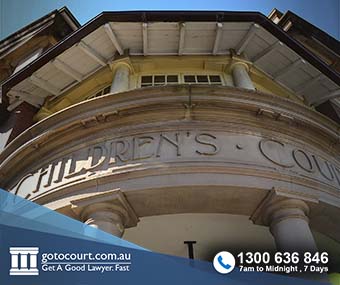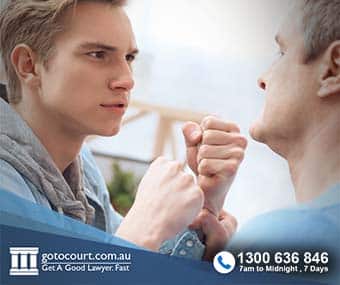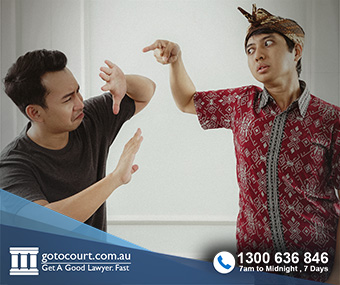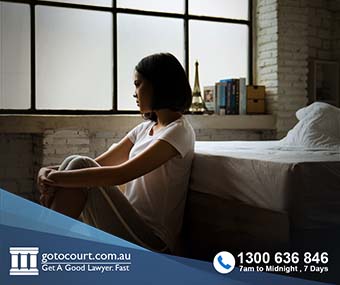Call our lawyers
now
or,
have our lawyers
call you
The Hearsay Rule in Criminal Matters
Updated on Oct 10, 2022 • 5 min read • 868 views • Copy Link
The Hearsay Rule in Criminal Matters
The rule against hearsay is probably the most well-known rule of evidence. However, it is often misunderstood. The exclusion of hearsay evidence is set out in Section 59 of the Commonwealth Evidence Act. That provision states that ‘evidence of a previous representation made by a person is not admissible to prove the existence of a fact it can reasonably be supposed that the person intended to assert by the representation.’
A simpler way to explain the hearsay rule is that witnesses are permitted to give evidence only of things which they themselves saw, heard or otherwise perceived
What is inadmissible hearsay?
Witnesses may give evidence of what they personally, saw or experienced. They are not allowed to give evidence of something they know only because another person told them.
If person A is giving evidence in a criminal proceeding where person B has been charged with a burglary, it would be inadmissible hearsay for person A to tell the court “I know that person B burgled the house. Person C said she saw him do it.’
This evidence would be inadmissible hearsay because it relies on what person C has said to establish the existence of a fact of which person A has no direct knowledge.
Why does the hearsay rule exist?
The prohibition on hearsay evidence is based on the following principles:
- Statements made out of court are not made under oath and therefore cannot be given the same weight as statements made under oath;
- An out-of-court statement that is being repeated cannot be tested in cross-examination. Its accuracy therefore cannot be evaluated;
- There is a possibility of fabrication, exaggeration, distortion or inaccuracy;
- Hearsay evidence is not what is called the best evidence. The ‘best evidence’ rule is essentially that evidence should be given by the person best capable of giving it. If person C has evidence to give that is relevant to a proceeding, under the best evidence rule, person C should be called as a witness to give that evidence.
Exceptions to the hearsay rule
There are a number of exceptions to the hearsay rule. The most important ones are summarised below.
Statements that are relevant for a non-hearsay purpose
It is sometimes necessary to give evidence of what someone else said for a non-hearsay purpose. Hearsay statements that are given for a non-hearsay purpose are admissible (Section 60).
A non-hearsay purpose is when the statement is being repeated not to establish its truth, but as evidence of the fact that the statement was made.
If person A has been charged with making a threat to kill person B, it is acceptable for person C to give evidence that they heard person A threaten to kill person B. This is because person C heard the threat and can attest to the fact that it was made. In this situation, the evidence is being given to establish that a statement was made, not to establish its truth.
Out of court admissions
Admissions made out of court are admissible under the Evidence Act (Section 81).
However, an admission made out of court is not admissible if it was induced by threats, violence or other oppressive or degrading conduct (Section 84). Therefore if an accused tells police that he committed an offence after being properly cautioned and without any pressure being exerted on him to make an admission, the police officer can give evidence of these admissions. But if an admission is made to police in response to threats or other pressure, this evidence will be excluded.
Private individuals can also give evidence of admissions voluntarily made to them.
The maker of the statement is unavailable
Where the person who made the statement is unavailable to give evidence, their statement may be admitted into evidence in some circumstances (Section 65).
How Do Courts Avoid Hearing Hearsay Evidence?
Oral Evidence
Lawyers who are questioning witnesses during examination-in-chief or cross-examination generally manage to avoid asking questions that elicit hearsay statements in response. If a witness starts to give evidence that amounts to inadmissible hearsay, the other party will object to the evidence and the lawyer will be directed to change the course of their questioning.
Documents
The contents of a document can amount to inadmissible hearsay. It is common for a party to object to a document being tendered in court if the author of the document has not been made available for cross-examination. This is because the statements contained in a document amount to hearsay unless its author is present in court to adopt the contents of the document and have his or her evidence tested through cross-examination.
Where a document contains hearsay statements but is otherwise admissible, a court may direct the party seeking to tender it to black out the hearsay passages.
Police witnesses
It is common for people who give evidence regularly and are familiar with the hearsay rule, such as police, to give their evidence in a somewhat artificial way in order to avoid falling foul of the hearsay rule. You will often hear a police witness say something like ‘We spoke to the victim and she told us certain things…’
Police do this so the court can get an overview of what the police officer’s involvement in a matter has been, without having to deal with statements that fall into the category of inadmissible hearsay.
If you have been charged with a criminal offence and need legal advice or representation, please contact Go To Court Lawyers.

Affordable Lawyers
Our Go To Court Lawyers will assist you in all areas of law. We specialise in providing legal advice urgently – at the time when you need it most. If you need a lawyer right now, today, we can help you – no matter where you are in Australia.How It Works







1. You speak directly to a lawyer
When you call the Go To Court Legal Hotline, you will be connected directly to a lawyer, every time.


2. Get your legal situation assessed
We determine the best way forward in your legal matter, free of charge. If you want to go ahead and book a face-to-face appointment, we will connect you with a specialist in your local area.


3. We arrange everything as needed
If you want to go ahead and book a fact-to-face appointment, we will connect you with a specialist in your local area no matter where you are and even at very short notice.


